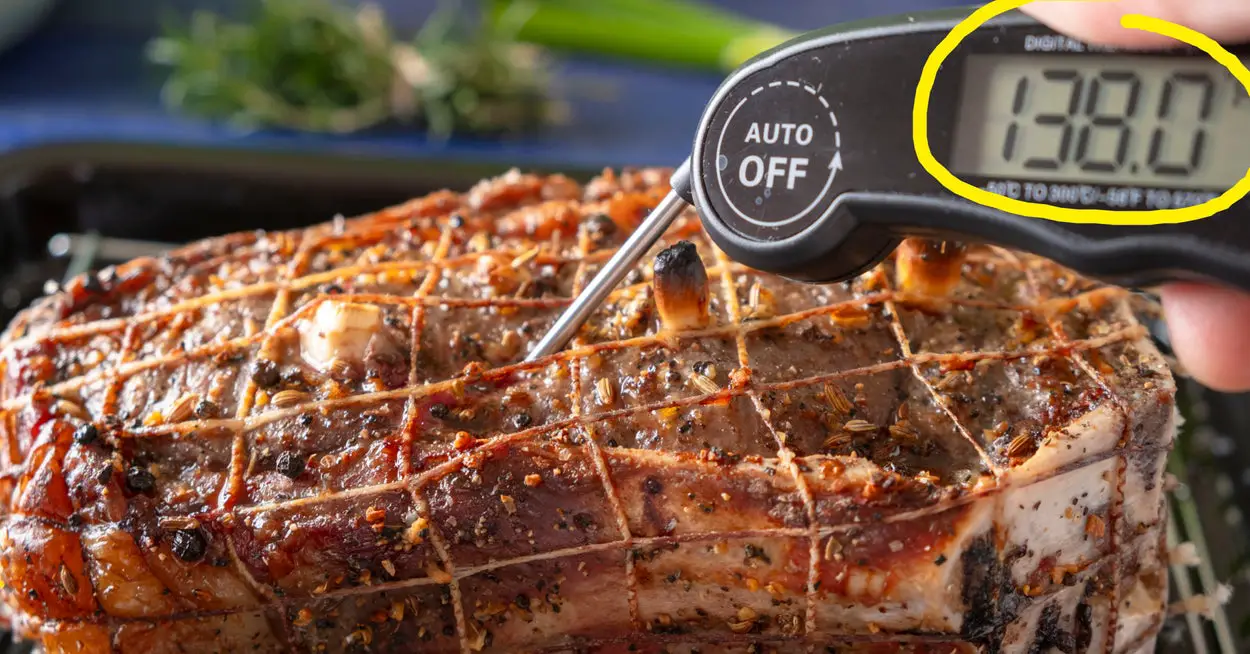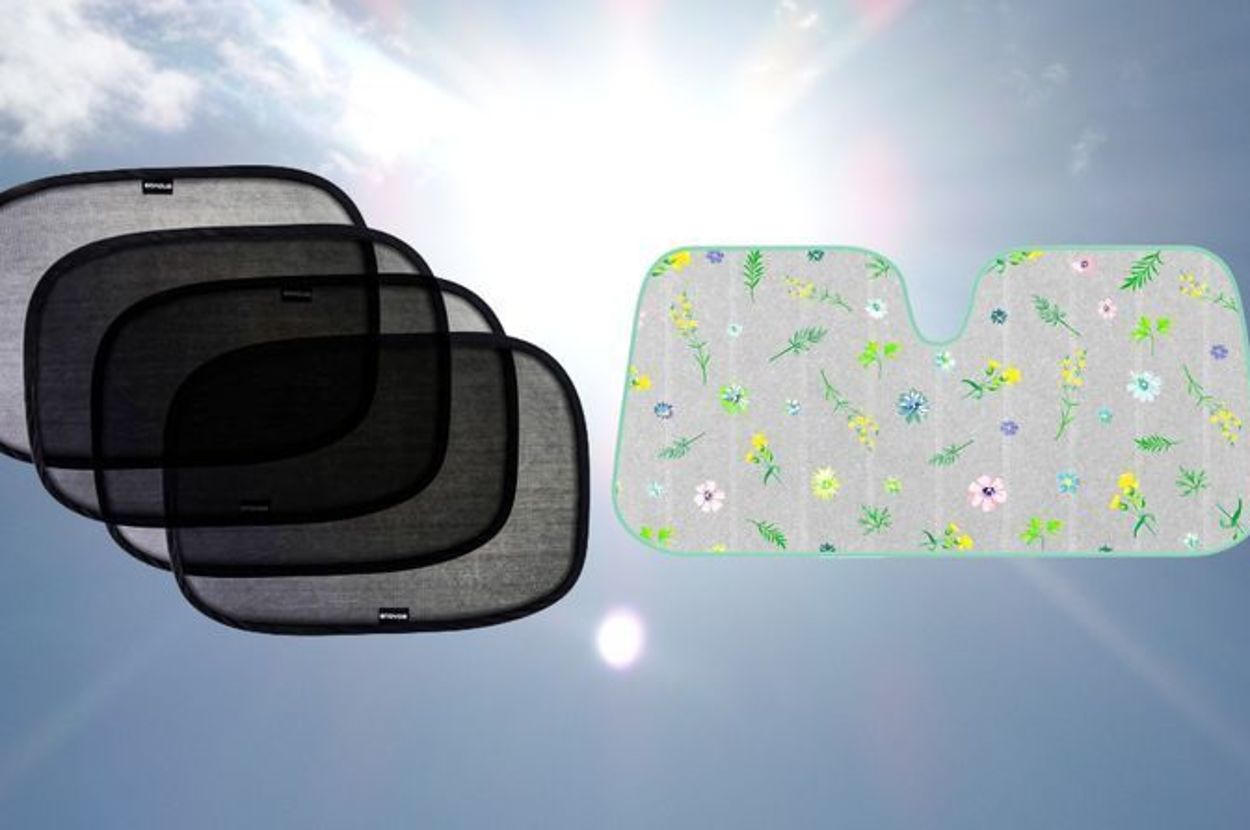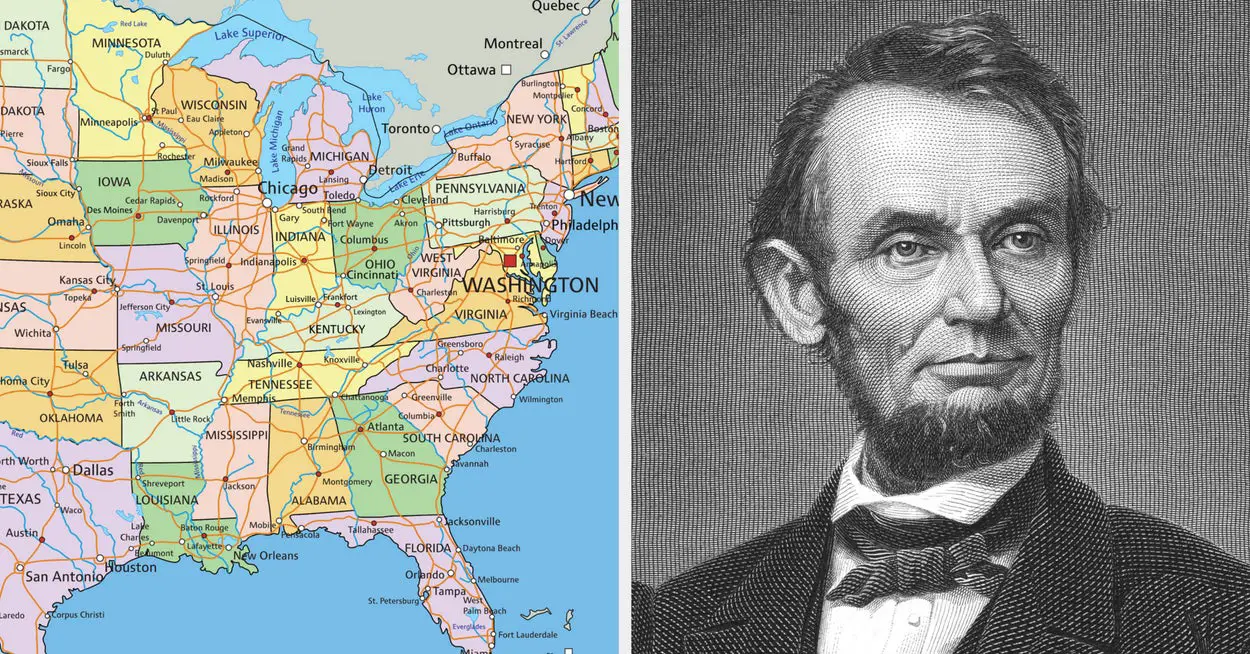Anyone who has had the misfortune of having food poisoning has no desire to repeat the experience. “Nothing would be more miserable than having vomiting or [worse] in orbit,” Kloeris said. Microgravity would make things very messy and smelly, all in close quarters.
Many foods can be a risk for food poisoning, including undercooked meat or seafood, unpasteurized milk products and unwashed fruits and vegetables. Since the International Space Station has no dedicated food refrigerator, everything needs to be shelf-stable, explained Kloeris, who’s also the author of Space Bites: Reflections of a NASA Food Scientist.
There are eight general categories of food that astronauts can eat according to NASA. First, there’s rehydratable food, where water has been removed and can be rehydrated before eating, like oatmeal, rice, ramen and powdered beverages. Thermostabilized foods are processed with heat and include food items like canned fish, fruit and vegetables. There are intermediate moisture foods, which are foods that have some water removed and can include dried fruit and jam.
Next there are irradiated foods, which have been exposed to ionizing radiation (it’s often used with meat products). Next are frozen foods, like chicken pot pie, and natural form foods that come in ready-to-eat packages, like nuts and granola bars. The final two categories are fresh foods, which includes unprocessed food like vegetables or fruit (these have to be consumed quickly); and then refrigerated foods, like milk products.
Since everything needs to be shelf stable, NASA errs “on the side of being conservative on their microbiological requirements to prevent” food poisoning, Kloeris explained. Nothing is left to chance; all food is tested for safety and taste-tested by astronauts themselves. A nutritionist reviews the astronaut’s preferred menus to ensure they have a balanced meal.
On top of NASA’s rigor with astronaut food itself, the agency requires astronauts to quarantine seven days before launch to keep the crew healthy. That also means that the astronauts do not eat out or at home, “as this increased their exposure to others as well as their chances of contracting a foodborne illness,” Kloeris said in her book.
2. Military-Style Ready-To-Eat Meals
Source link











Leave a Reply